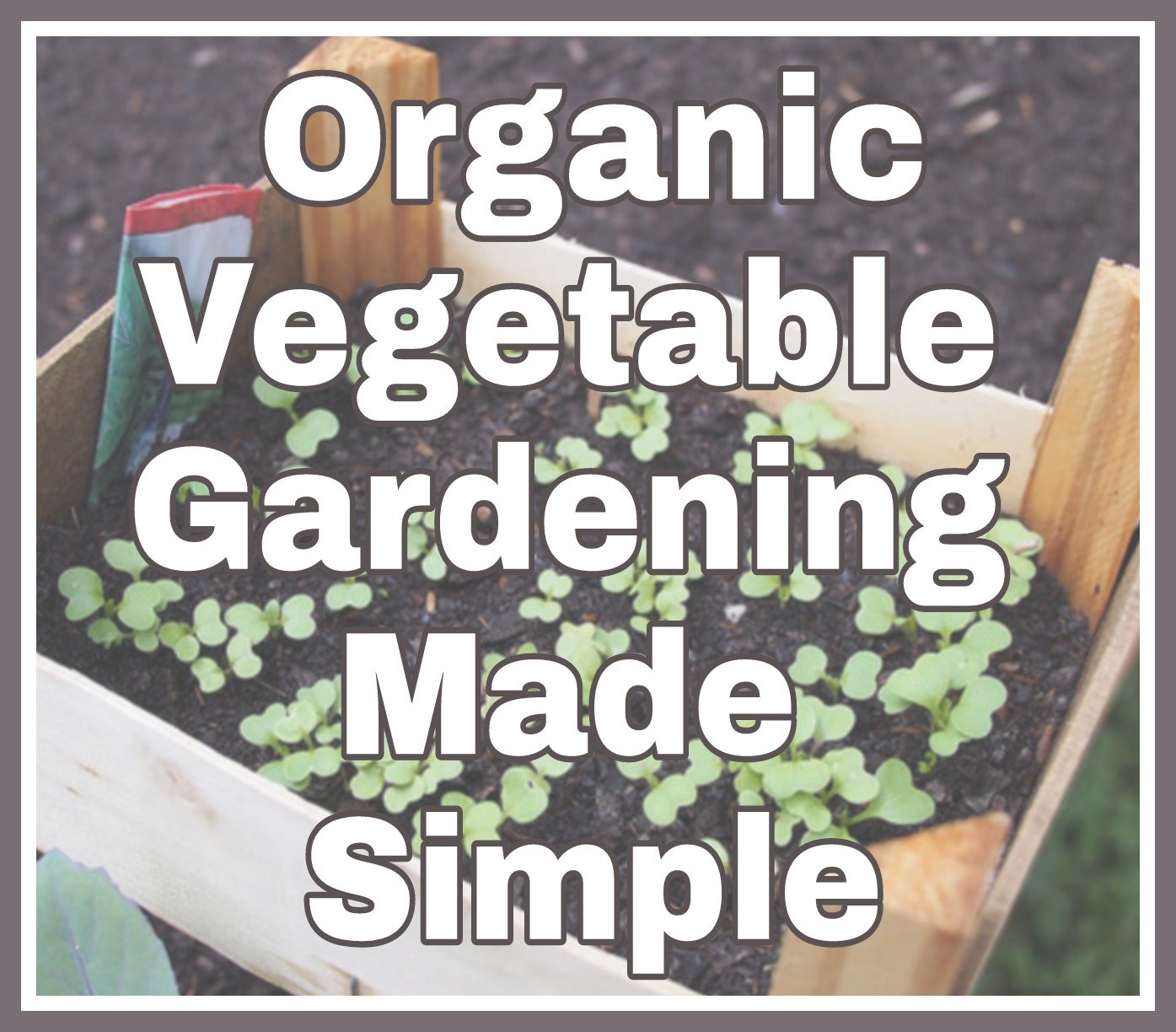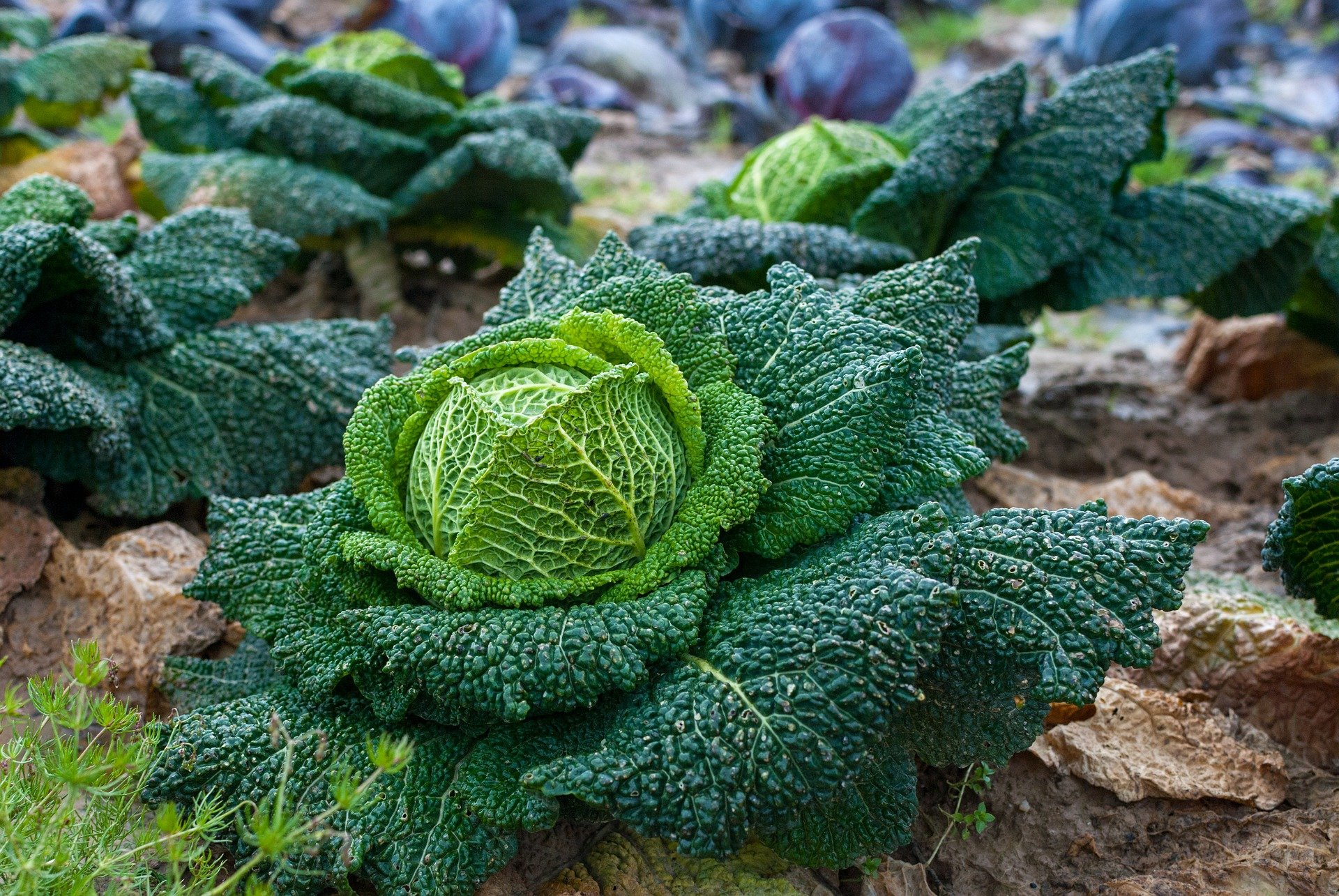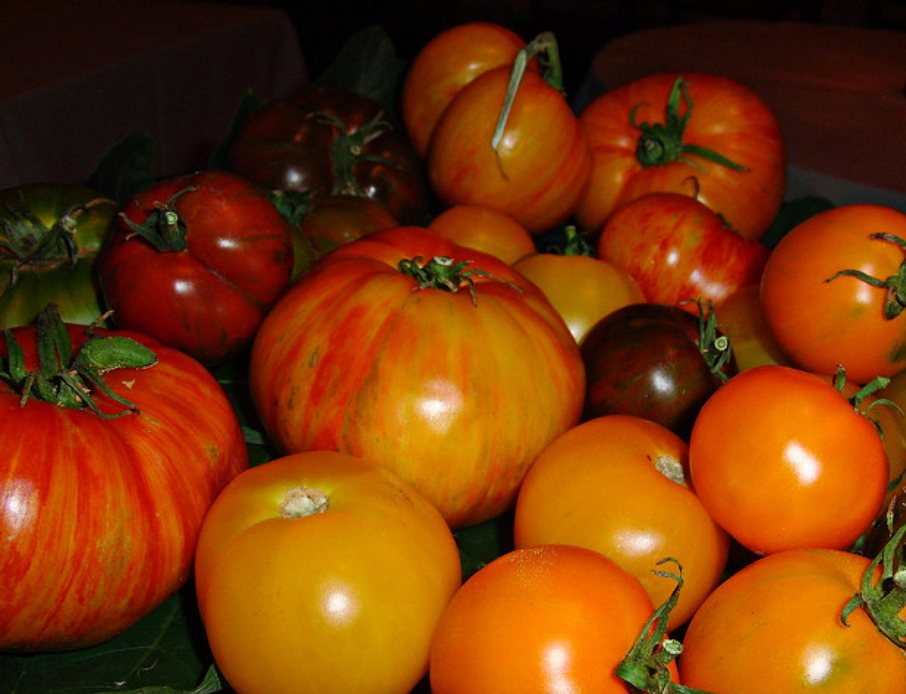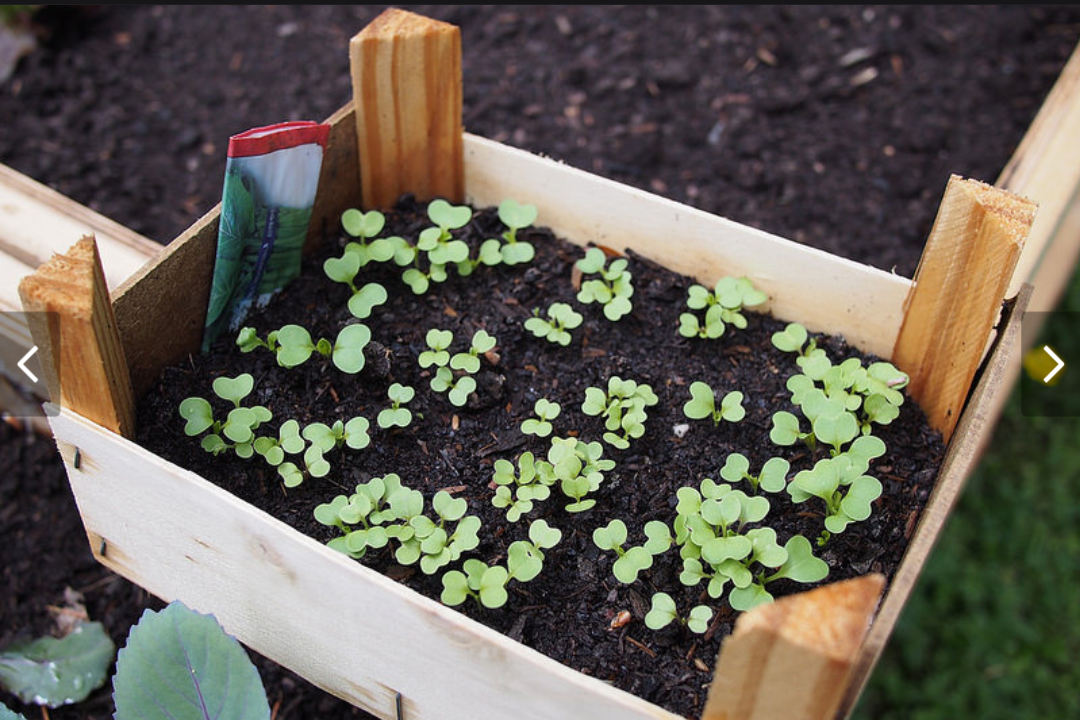If you’re one of the growing numbers of people who are becoming more and more concerned about the use of pesticides in the food chain, and you’re thinking of feeding your own family by growing your own healthy organic vegetables, here are some tips that will make the whole process much simpler for you…

Get Yourself in a Greenhouse
If you get yourself one of the greenhouses from https://www.swgreenhouses.co.uk/greenhouses-for-sale.html, you will be able to grow a wider range of vegetables for a long period of time. You may even be able to grow some of your favourite fruits and veggies out of season.
Prepare the Soil Carefully
If you want your vegetables to grow and thrive, then you need to ensure that your soil is rich in organic nutrients. That means, before you even think about planting anything, you should ensure that you have worked plenty of organically created compost into the soil. If you do nothing else, then do this because it will ensure not only a bumper crop but a tastier one too.

Choose Foods That Will Thrive Where You Live
It’s an obvious one, but there is little point in choosing to plant vegetables that are unlikely to thrive in the kind of weather conditions you’re dealing with. If you’re unsure which veggies are likely to thrive in your garden space, ask an expert at your local garden centre, read a book like the one at https://www.amazon.co.uk/Allotment-Almanac or talk to local gardeners in your area. They will typically know what’s best for you, and most will be only too happy to share their knowledge.

Heirloom Veggies are Best
There are lots of things that get better with age – like fine wines and vegetables. No, I’m not talking mouldy old vegetables; but seeds! Heirloom seeds are seeds collected from older varieties of produce, and they are almost always cheaper and more flavoursome, not to mention nutritious, than modern versions. They can sometimes be difficult to find, but it’s worth the effort trying to source them.
Flowers are a Veggie Garden’s Best Friends
You might be wondering why you would want to take up precious organic veggie growing space with flowers, apart from the fact they’re pretty that is, but the fact is that flowers will attract bees and bees will pollinate your veggies, so that you don’t have to do quite so much of the work yourself manually. Plant them around the borders, and you will soon see lots of little pollinators coming to pay a visit.
Worms are Fantastic
When it comes to organic gardening, you should absolutely be creating your own compost, and you know what makes really good compost and garden mulch? Worms. Invest in a wormery, and you’ll never want for high-quality compost again. Seriously, they make way better compost than you’d get just by collecting your scraps in a bin.
Check Seeds are certified Organic
Not all seeds are organic, so when it comes to buying the stock you plan to grow in your garden and greenhouse, you should always seek to verify that your seeds are indeed organic. If you don’t do this, then your veggies simply won’t be organic, despite your best efforts, so it is important to do the checks.

Raised Beds Extend the Season
If you plant your veggies in raised beds, using the richest soil you can find, you can probably extend the season of your produces, sometimes quite dramatically. It’s also much easier to weed veggies in boxes because they aren’t as close to the ground. Of course, you need to make sure that any beds you use are made from natural untreated wood, or there could be some chemical leakage into the soil.
Alternatively, you might want to think about growing things vertically using cages or trellis, which means you have more space to increase your yields and better circulation that can help to prevent blight and other diseases.
Plant Companions
Nature is smart, and it creates plants that thrive well together. By identifying these companions and planting them close together, you can cut down on the amount of insects who attempt to lunch on your veggies, grow more volume and cut down on the risk of disease, to name but a few benefits. So do your homework, work out which veggies are best friends and plant them accordingly.
Time to get your wellies on and get gardening! What are you growing this year?
*This is a collaborative post.

